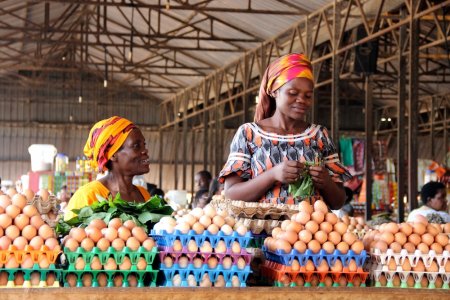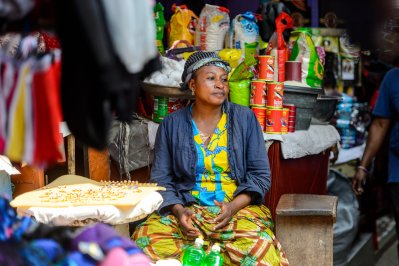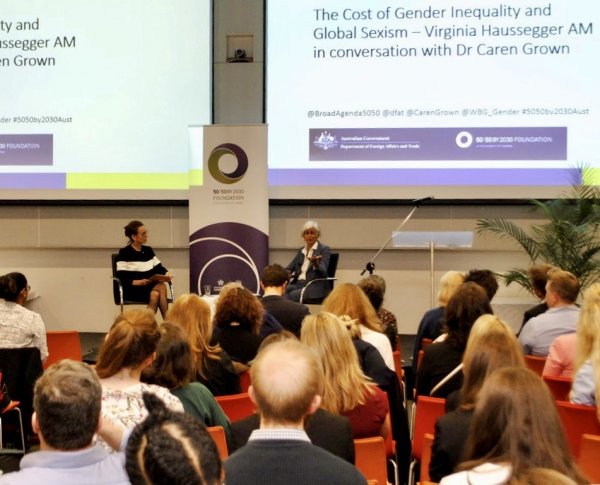Caren Grown’s description of a stubbornly impervious gender imbalance within all domestic economies, once again prompts us to think of what must be done to unlock wealth and opportunity for roughly half of the world’s population.
The World Bank Group’s Senior Director for Gender lamented the universal failure of economies to seriously close the gender pay gap despite big gains for women in other areas like health and education.
… burgeoning global attention to the issues have barely moved the needle on access to wealth and power
This is timely given a widening acceptance that good intentions, legislative changes, and burgeoning global attention to the issues have barely moved the needle on access to wealth and power.
She noted for example that somewhere in the neighbourhood of $160 trillion globally is lost to potential growth due to women’s economic exclusion.

Enlightened governments and progressively inclined corporations understand this and have introduced various programs in recent years. But the problem of parallel realities for men and women persists.
A powerful mix of political and cultural forces, buttressed by doctrinal economic arguments, ensure that quotas designed to mandate a minimum proportion of women in management, board, and governmental leadership positions remain off-limits. Standard operating procedure is to pillory quotas as social engineering, presenting them as market distorting interference in free commerce.
Amazingly given the damning statistics, official-level denial of the need for serious structural re-adjustment proceeds from an a priori assessment of long-run market functionality. This is neither empirically nor subjectively evident.
Rather, Dr Grown’s work, and that of many others, reveals that it is worse than demonstrably wrong, in that it condemns the future to the underperformance of the past.
“Women only account for about 38% of global human capital wealth, whereas men account for about 62%”

“When you sex-disaggregate the data, it’s pretty astounding. Women only account for about 38% of global human capital wealth, whereas men account for about 62%,” she said during a talk at the 50-50 by 2030 Foundation with Virginia Haussegger.

… a neo-liberal insistence that rules-based remedial measures (quotas) are anathema, is not merely a failure of political representation, but pointedly, of markets themselves
The oil-and-water existence of long-term structural disadvantage of women in economic participation, and a neo-liberal insistence that rules-based remedial measures (quotas) are anathema, is not merely a failure of political representation, but pointedly, of markets themselves.
Indeed, we may even go further and propose that such resistance represents a betrayal of free market function by protecting the most egregious market distortion of all, that of culturally legitimated discrimination in production and consumption – for no better reason than ‘twas ever thus.
Rather than apologising for quotas as regrettably necessary, their introduction might better be presented as the removal of a distortion?
Viewing it this way raises an enticing question. Could it be that reframing this culturally entrenched discrimination to expose its tension with free market economic orthodoxy offers a way forward – a new language for redress, based on the predominant neo-liberal lexicon of power?
Rather than apologising for quotas as regrettably necessary, their introduction might better be presented as the removal of a distortion? A correction for dysfunctional labour and product markets which has locked out a whole class of market participants, ensuring growth is always less than it could be.




